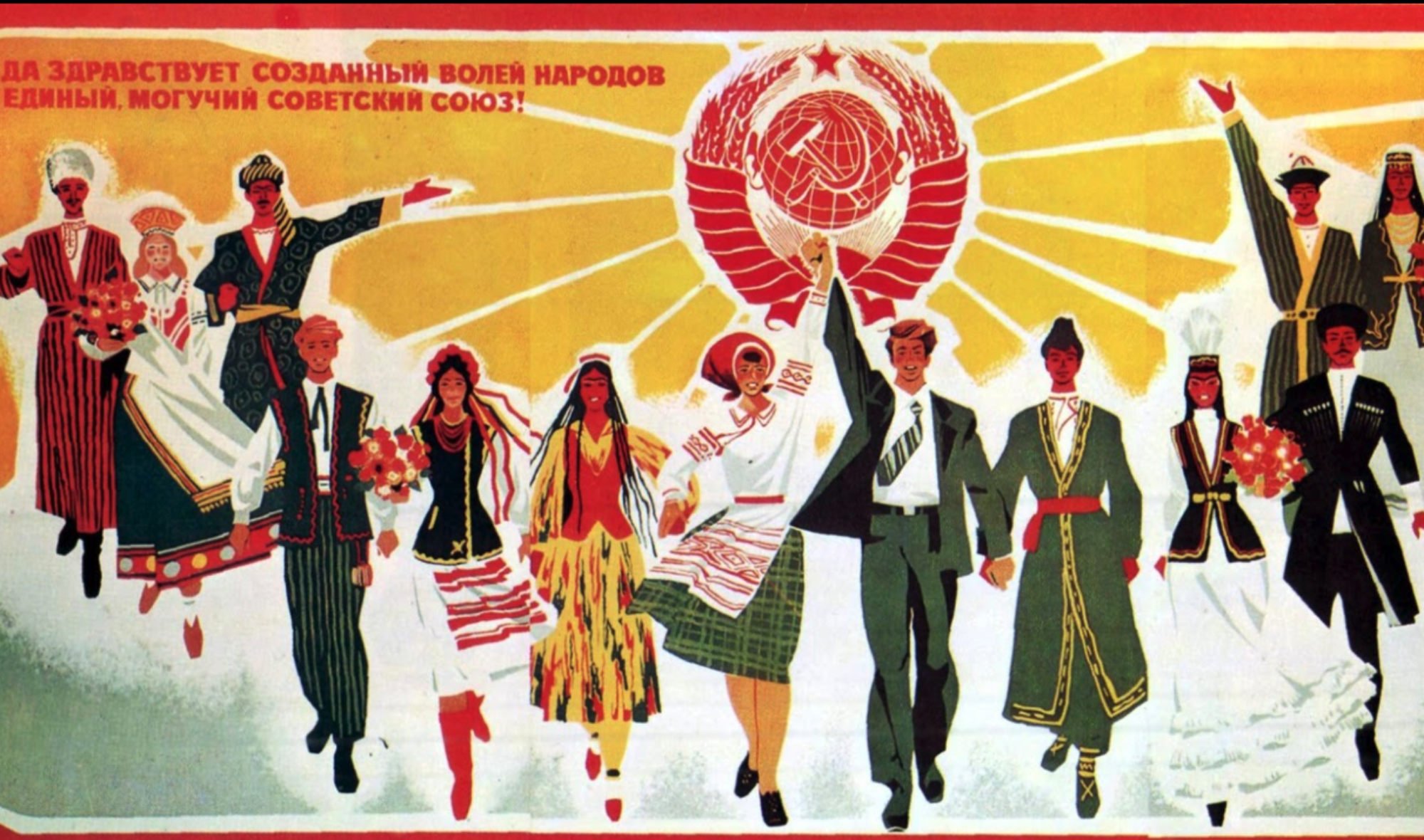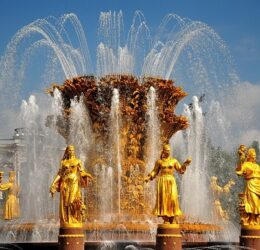In the second chapter of “A Biography of No Place”, Kate Brown discusses the “threat” posed to the Soviet Union by villages and towns in the countryside. These threats include the lack of revolutionary attitudes from villagers. Brown states that this could be attributed to their ignorance of “borders, ethnicity, class, and political mood” that the Soviet Union was trying to impose upon them from hundreds of miles away. She goes on to say that these things barely existed in the daily lives of villagers who were still living their lives based on their own holidays, schedules, and religions. These “threats” caused Soviet leadership to take drastic measures, such as deportation, out on these people. Why were they so threatening to the Soviet government? What was the issue with people practicing their own culture, even though Lenin had stated in earlier speeches that they encouraged these practices?


Cultural Construction in the Soviet Empire (HIS315 F20)
National in Form, Socialist in Content!
From the reading and some historical knowledge, I think there are a couple reasons as to why the Soviet government was fearful of religion and its practice in the new Soviet society. First, religion and its influential leaders gave a glimpse at the past tsarist era. Often religious leaders were part of the elite (Bourgeoisie) and had significant influence over the citizens and government. Allowing widespread practice and religious influence could breakdown the new government/regime. Second, Soviets believed various religions in the greater Soviet Union to be “backwards” and could not help in bolstering the revolution. Third, Brown discusses how the rejection of religion highlighted the weakness of the government. Brown states, “In this instance, it is the state that is weak, too weak to maintain its antireligious, antimystical ideology. Instead, the local religious populace prevailed” (67). The war against religion demonstrated the problems the Soviet state faced in ruling the borderlands and their fear of how factionalism could destroy government and society. Along with this idea, Brown explains that a culture that practiced religion could not meet the standards of the new regime. Brown states, “As Soviet leaders embarked on the First Five Year plan to build a modern industrialized economy, they needed a society that ran on time and a populace that worked on a clock impassively ticking off seconds, rather than on a religious or seasonal calendar that kept people up praying and singing all night and upset production schedules and weekly quotas” (76). Altogether, the Soviets felt devout religious followers, leaders, and traditions were a threat to the authority and success of the Soviet Union.
Similar to what Kellie said, religion was such a threat to Soviet government because if there is anything that an individual or a group of people will put a lot of trust into, it is their religion. For some, religion provides people with security and acts as a safety net from the realities they faced. In a society where the government is trying to strip them from their culture and deem them as “backwards” because Lenin believed his way was the correct way, people are going to look to God for the answer. The threat is “created” when you trust in the other outlets (this being religion) before the government.
Agreeing with both Timera and Kellie the intrinsic threat posed by religion to the Soviets is paramount. In these types of authoritarian regimes the most important thing to the people must be the state, if some other institution gains power then that poses a direct threat to the parties interests. The difference in the case of the Soviets is distinct though, in most cases where states are challenged by religions then the state will either focus the religious actors against some minority group as scapegoats or make religious institutions apart of the state. But in the case of the Soviet politburo they had a more potent alternative, communism. The USSR was an expressly atheist state and instead of using the other alternatives they would supplant religious thinking with communist thinking as their are both collectivist ideologies. Marx said that “Religion is the opiate of the masses” if that is true then communism is the methadone.